Tinā: A love letter to our mothers, our people, and the music that heals us

The heartfelt and humorous Kiwi-Samoan film Tinā – in cinemas from February 27 – balances laughter, loss and the warmth of home, Pasifika-style, in a city far from it. Laumata Volavola explores its inspiration, performances, and music with writer-director-producer Miki Magasiva.
For Miki Magasiva, his feature directorial debut Tinā is deeply personal. It is a tribute, a love letter to his mother and, by extension, to all Pasifika mothers—even parents—who have shaped their children’s worlds through quiet (although not always quiet: bombastic side-eye) sacrifice and unwavering strength.
Speaking with Magasiva ahead of Tinā’s highly anticipated New Zealand premiere, he shares how the film’s origins were rooted in both a personal longing to honour his mum and a spontaneous moment of inspiration.
“I always wanted to do a tribute piece to mum and to all of our mothers,” he says—and acknowledges that had he made his debut film earlier in life, Tinā might not have been the outcome. For which he is extremely grateful.

However, as he began his journey to write his first film, he stumbled upon a YouTube clip of a choir performance. “I connected those two things up and made the story about a grieving Pacific Island Samoan teacher and mother Mareta Percival (played by the amazing Anapela Polataivao) who goes to teach at a very white, privileged, wealthy school—and how she could affect the kids there.”
At its core, Tinā is about sacrifice—the kind made by our parents, particularly those who left their homelands to build a better future for their children. Even if and/or when those children are tragically taken from us—be it by life or death.
“A large part of the themes of the story is about sacrifice, and what a parent sacrifices for their children,” Magasiva reflects. “I hope a little part of that is communicated to my parents’ generation who made that ultimate sacrifice.”
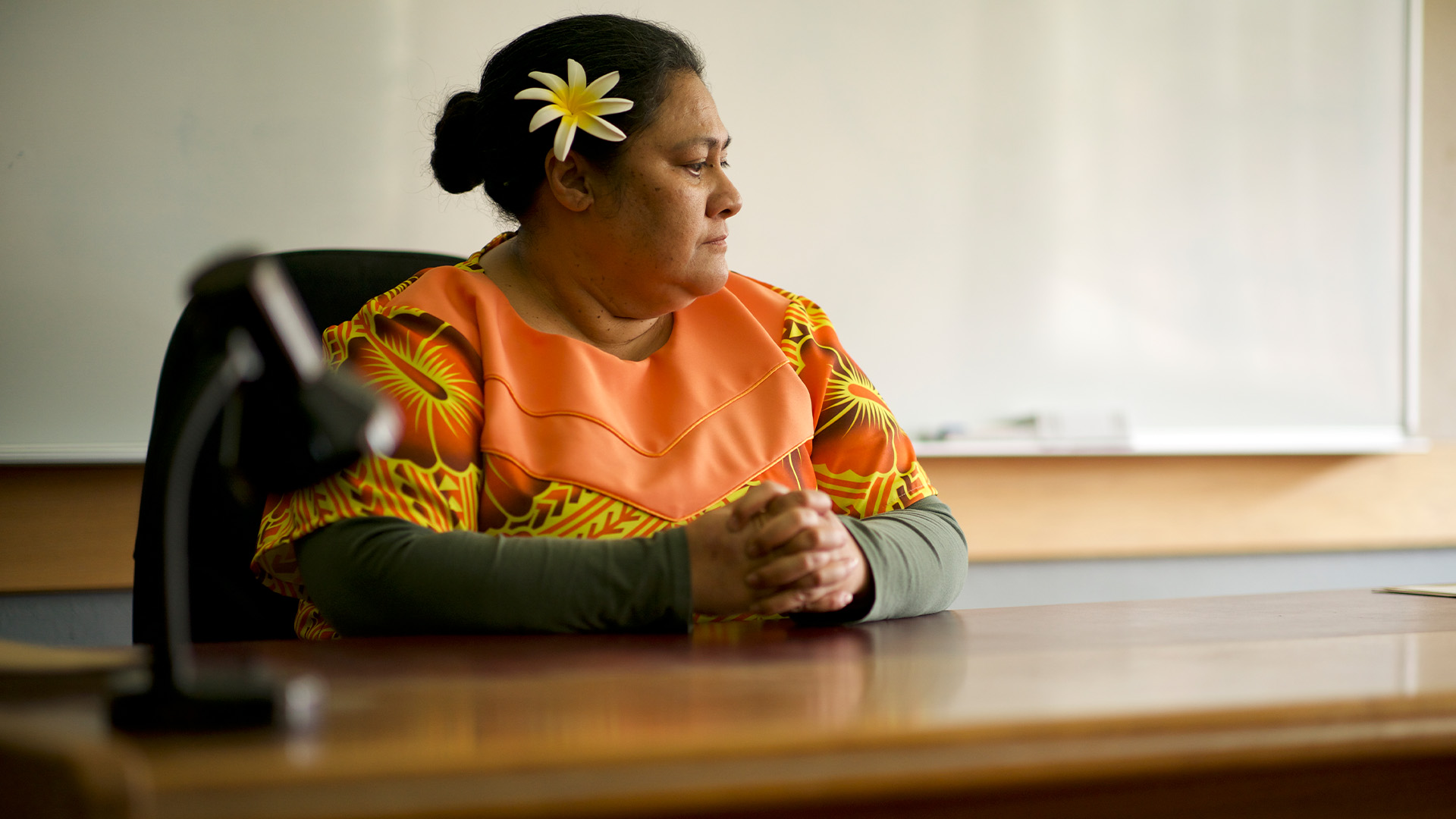
In the film, sacrifice can feel almost futile—what is the point of carrying on when grief is so overwhelming? If the trailer alone stopped you in your tracks, making you question why it felt like a spoiler to know her daughter’s fate before even seeing the film, just wait. The full weight of Tinā will hit you harder, forcing you to sit with the emotions you might rather avoid. Embrace it and then release it in the form of tears. Just me? Surely not.
Granted, the film went on slightly longer than perhaps was necessary, but kept my rapt attention throughout. Through well-timed moments of despair, no seriously, to triumph and even anger, Tinā really takes you on an emotional ride.
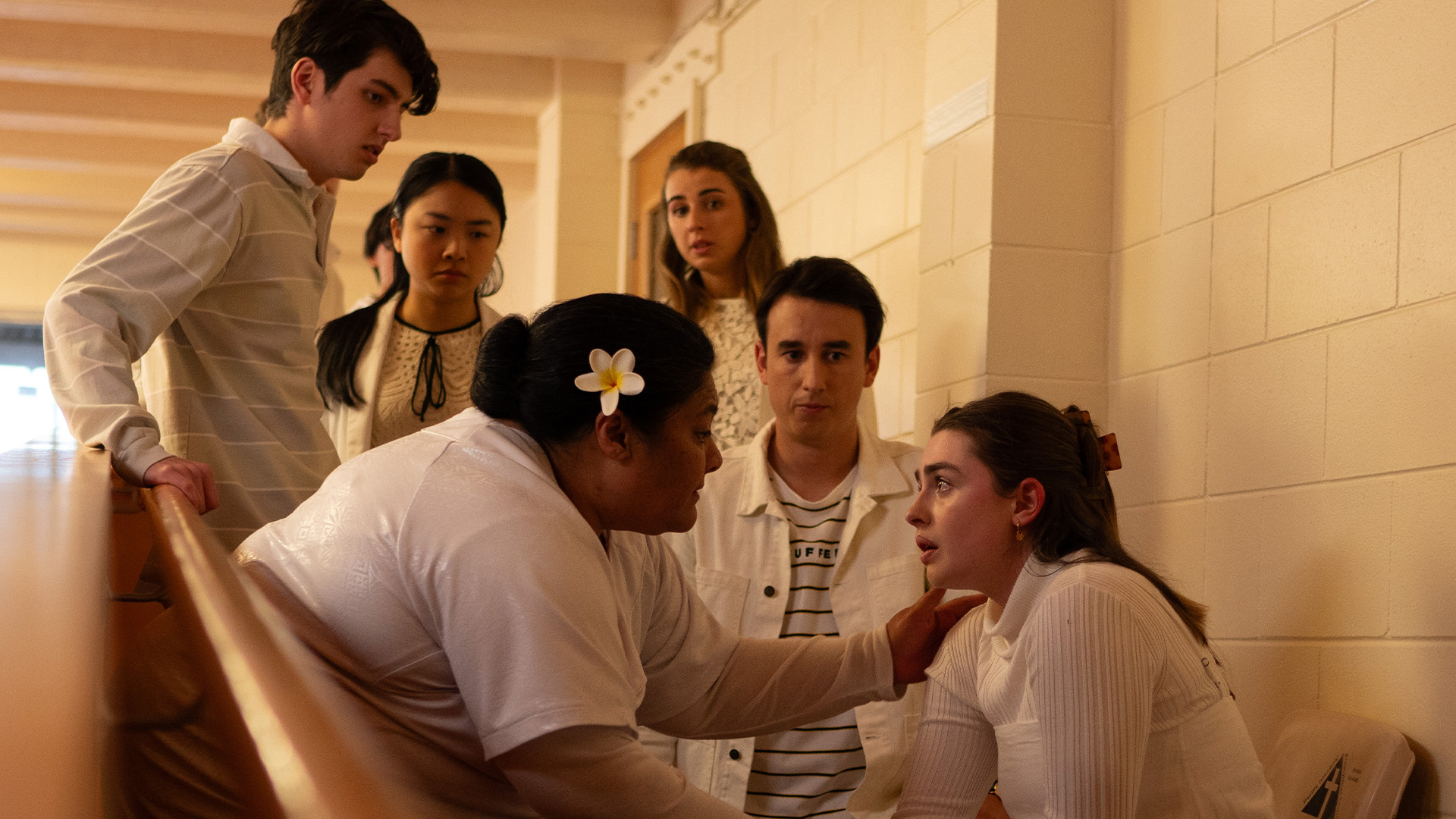
But if Tinā is steeped in painful emotion, it is equally rich in humour, something Magasiva wove in from his own upbringing.
“Growing up in Wellington, I had heaps of Palagi friends. They’d come over to my house and laugh at everything my dad said. And we’d be like, ‘he’s not funny!’ But they’d fall in love with our parents, even when we thought they weren’t that cool.”
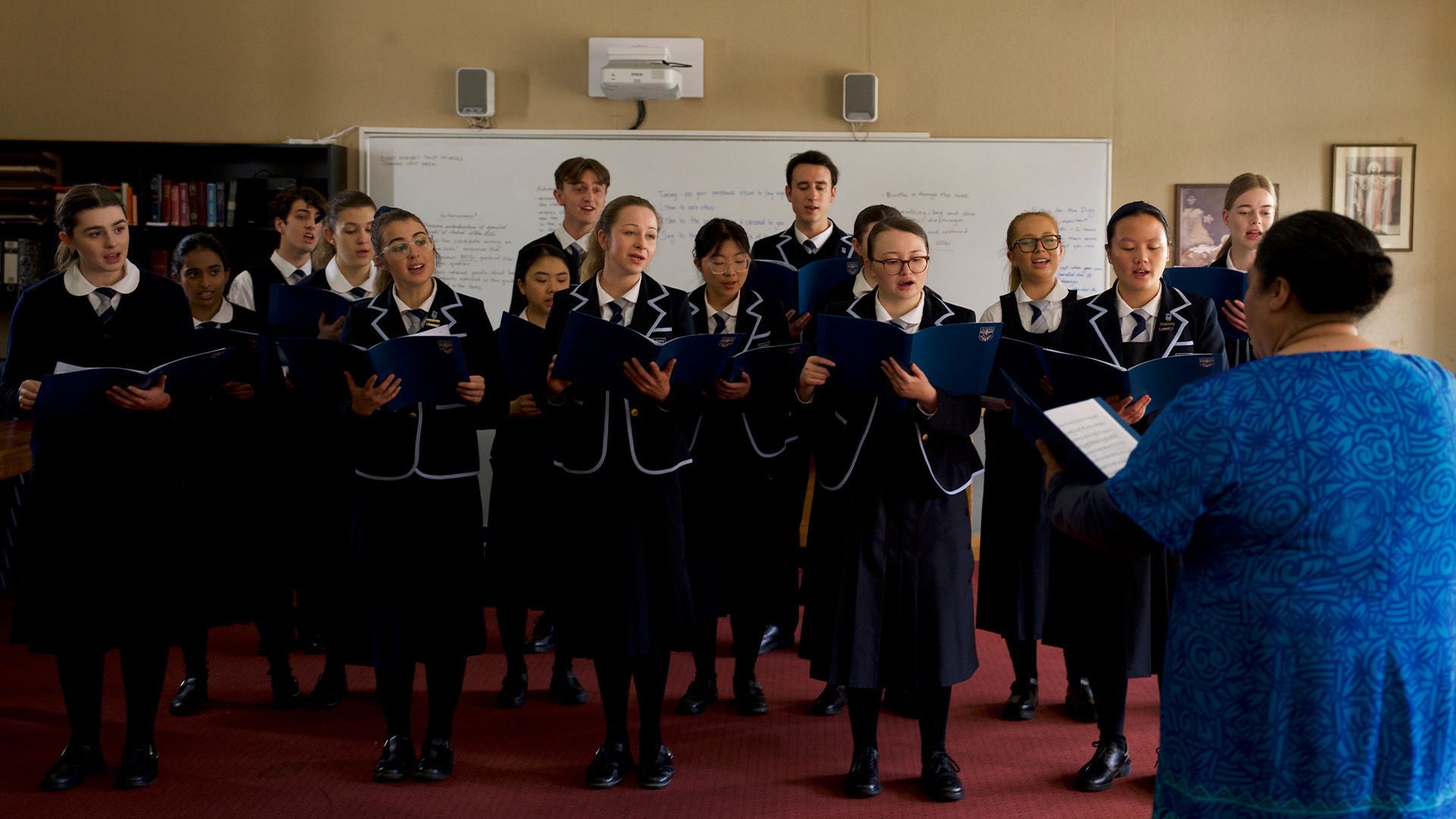
That cultural collision—the embarrassment, the warmth, the deep connections formed—is something Tinā taps into effortlessly. And hilariously, not just because of Polataivao’s brilliant execution but also that of her supporting cast, from Beulah Koale’s Sio to the Deputy Dean who made us chuckle for different reasons. He makes sense as a character, considering the setting. An elite school… in Christchurch.
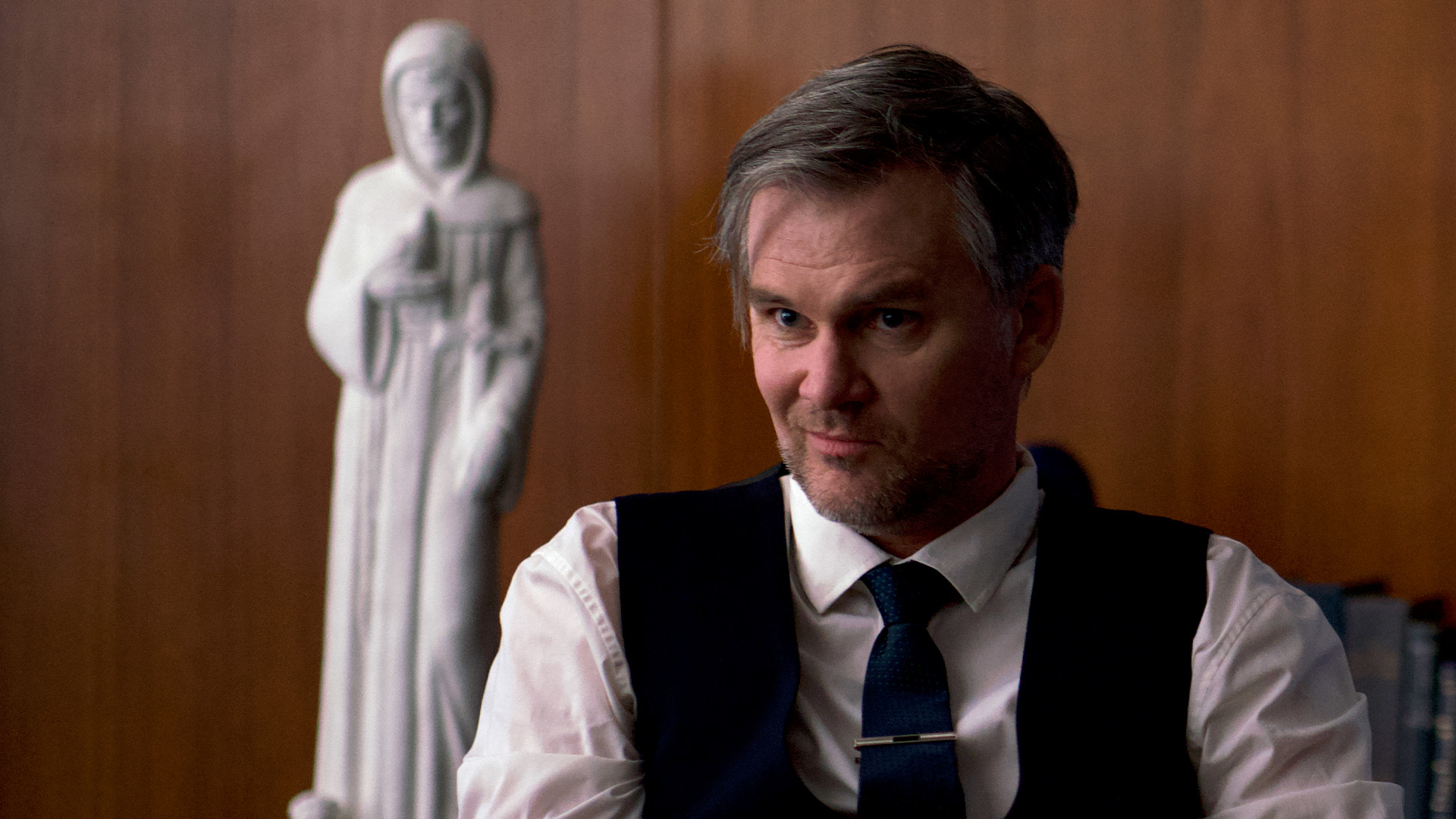
However it was her students/choir and spoiled brats with problems of their own that was played brilliantly by a group of diverse young actors including newcomer Antonia Robinson as main rich white girl with her own complex problems and can saaaang Sophie. Those interactions made the film, those interactions had us in stitches.
“It’s pretty funny to have a fish-out-of-water character, especially one from Samoa, who’s able to inspire and guide a new generation.”
“And let’s face it, it’s just nice for me to boss around Palagis for a change,” Magasiva jokes.
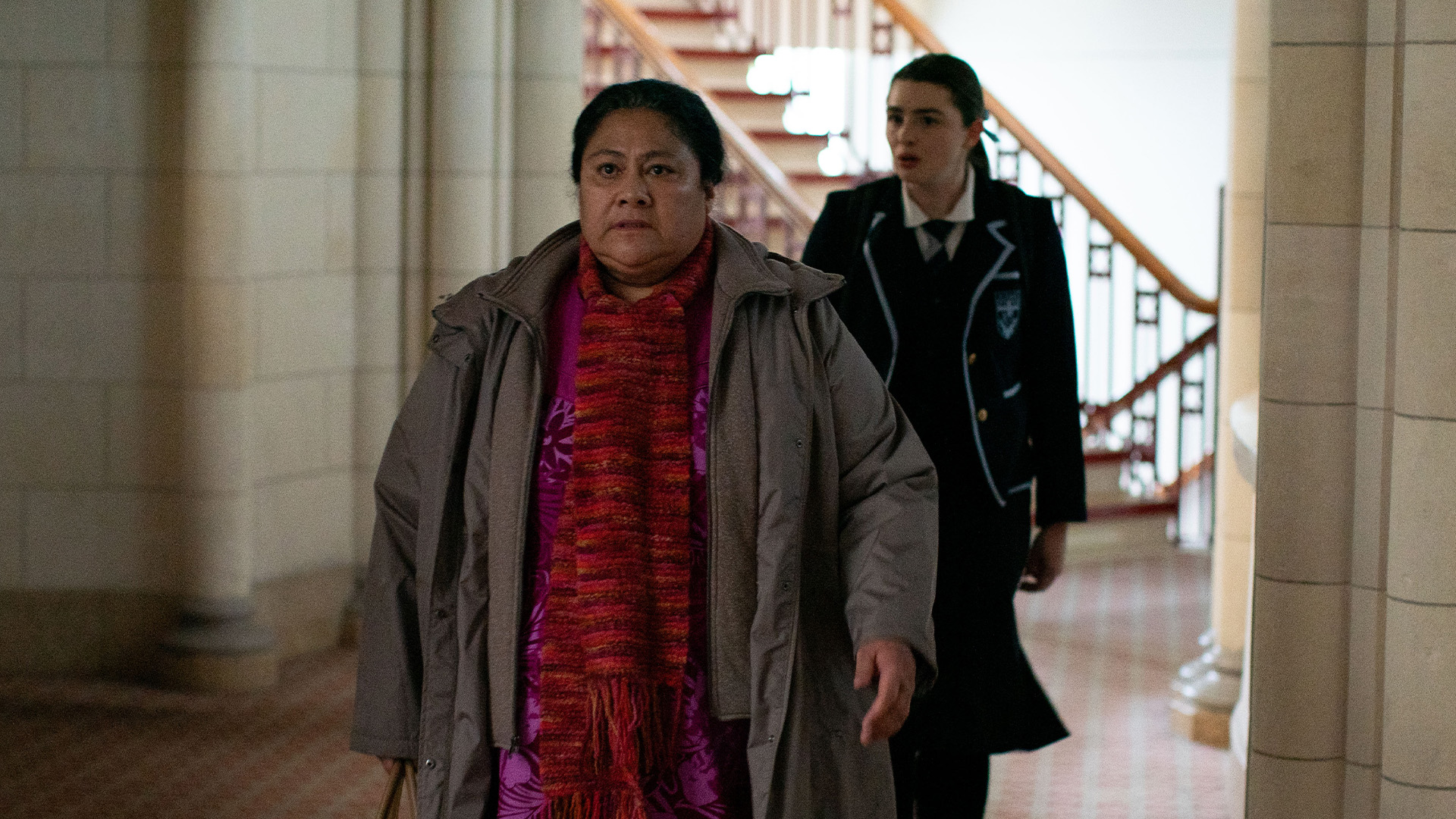
While Tinā is his first feature, Magasiva shouldered multiple responsibilities, writing, directing, and producing—a feat he now laughingly admits was “a stupid call.” But his reasoning was simple: ownership.
“I took on those roles so that I could hopefully own my works and my creative ideas. But it was a massive learning curve, and I feel like I was born to direct more than I was to produce.”
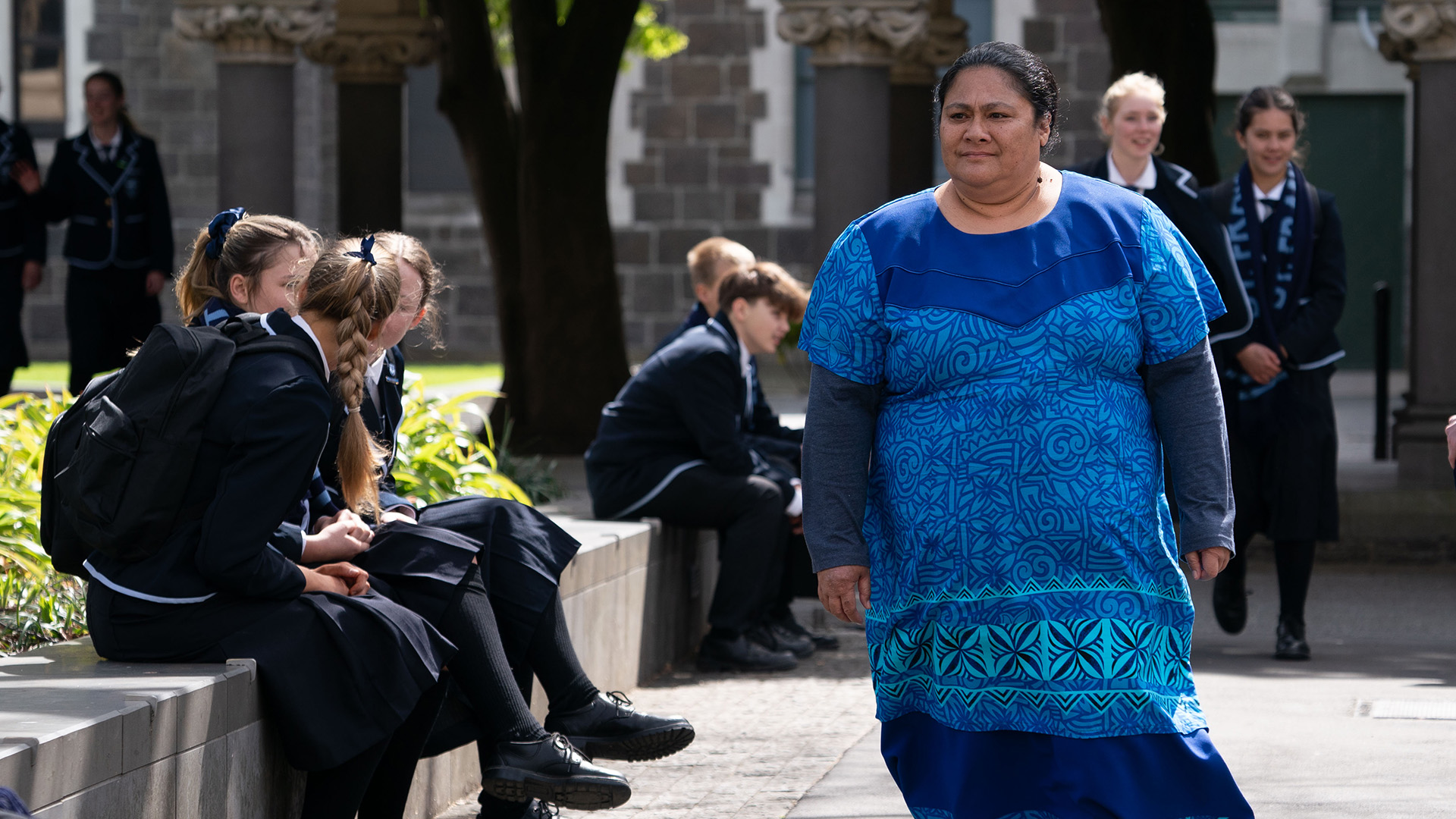
Yet, for all its creative challenges, Tinā has landed exactly where he hoped it would—with audiences deeply moved. “I’ve been lucky enough to have already shown it to a few people from my parents’ generation who had tears in their eyes,” he said.
“If it all ended today, I’d be super stoked and proud that I was able to evoke that emotion.”

And for Pasifika audiences, Tinā will undoubtedly hit home—not just through its characters but through the music, a crucial element of the film. “I’ve put in a lot of very well-known Samoan songs,” Magasiva shared. “Some Samoans might say they’re too mainstream, but I wanted them to resonate with Samoans all over the world, not just those born and raised in Samoa.”
Of course it would be a disservice not to mention the powerful choir, led off-screen by Choir Master and Music Arranger Tuilagi Dr Igelese Ete when talking about the music. It was goosebump-inducing at best and tear-extracting at most embarrassing, my extremely important question that I regret to not have asked Magasiva is if they were going to release a soundtrack because I need the choir to sing me to work for the next few weeks.
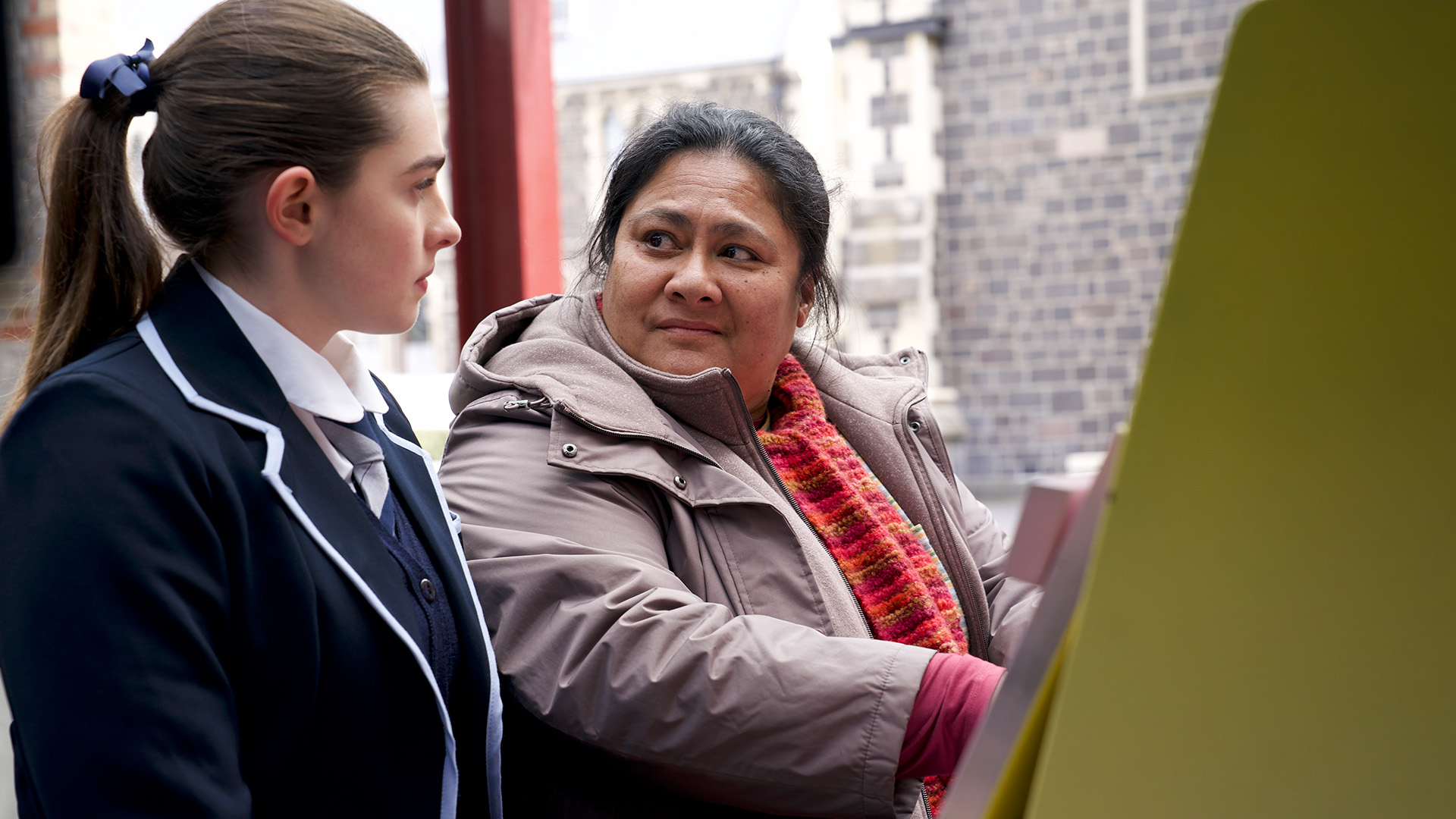
Uplifting music and emotional wreckage asides, when the credits roll Magasiva is (and should be) confident that audiences—especially Pasifika ones—will walk away feeling seen. “Don’t worry about it—you’ll see your mum in everything Pals (Anapela Polataivao) does. You’ll laugh, and you’ll cry along with her.”
I did, and as someone who lost their mum last year, it struck a chord (ha pun) that brought all the tears to the front yard. One thing about us Samoans is that even in the deepest depths of despair, we will crack a joke.
With Tinā, Magasiva has poured his memories, his culture, and his heart into the big screen. And if early reactions are anything to go by, he may just have created a new classic that our people can call their own.



















